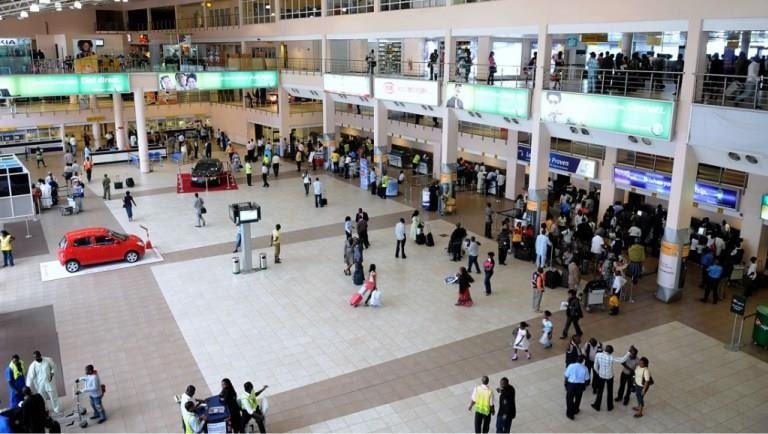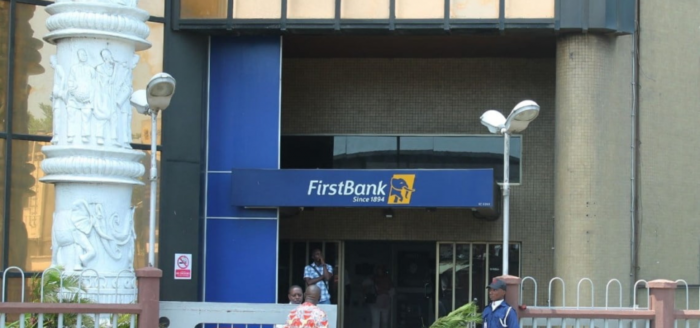Oluwatobi, a postgraduate student at the University of Ilorin, used to begin every year with the hope and optimism that things, including the country’s economy, would get better so he would have an environment to thrive in.
In recent years, however, everything seems to have got worse for him. The postgraduate student, who had always believed Nigeria would get better, said he never really paid much attention to emigrating until recently.
”Every year, I am always hoping everything will get better, but over the years, nothing has got better but worse. I have always been the kind of person who sees so much hope in the country, but right now it does not seem like it,” said Oluwatobi.
“I need to look for better opportunities elsewhere.”
His concerns are valid, and he is not alone. According to a survey published by the Africa Polling Institute in 2021, seven out of every 10 Nigerians will gladly leave the country if given the opportunity.
Many Nigerians looking to emigrate intend to do so in search of better opportunities. These days, it has now become difficult for people like Oluwatobi to stay back in Nigeria, and even more difficult to emigrate.
READ ALSO: Low Naira Exchange Rate Complicates Life for Nigerians in Ivory Coast for AFCON
THE CRASHING OF THE NAIRA BIRTHS CRASHING ASPIRATIONS
Every other day, Nigerians wake up to the news of an increase in the conversion rate of foreign currencies to naira. Over the past few months, this has been on the increase.
The woes befalling Nigeria’s economy go beyond just the headlines. As the naira crashes against the dollar and other currencies in the foreign exchange market, so do the aspirations of many Nigerians, who, like Oluwatobi, are looking to emigrate.
According to Kayode Olusoji, a travel agent, it would now cost a family of one between N38 million and N41 million to emigrate through the five-year carer route. He added that between 2019 and 2020, the price was between N6 million and N7 million.
“When the exchange rate had not witnessed a skyrocketing hyperinflation, it would cost a man, his wife and his child between N6 million and N7 million to travel out through the 5-year carer route,” said Kayode.
In 2019, the dollar-to-naira exchange rate was around N360, while it was slightly higher for pounds. According to the Central Bank of Nigeria (CBN), as of February 28, the official dollar-to-naira exchange rate was N1617, and N2045 for pounds.
Oluwadamilare, another young Nigerian, told FIJ that while discussing his emigration plans with a travel agent last year, he was informed that it would cost him N8 million but the price has now doubled.
“This is discouraging my friends and me, who are planning to emigrate. It feels like our savings mean nothing. While some people have saved millions and feel they are closer to their dream, the exchange rate makes everything crash to the ground,” said Oluwadamilare.
Oluwatobi told FIJ that it is becoming increasingly difficult for him to emigrate. “My expenses are increasing and my savings are reducing. It is now becoming more expensive to leave than it was years ago,” he said.
HOLDING ON TO HOPE
Unlike Oluwatobi, whose aspirations to emigrate became stronger just recently, Kikiowo, a law student in his final year at Nigeria’s premier university, the University of Ibadan, has been incubating this dream since 2019, when he was in his second year at the university.
What fuels his aspiration to emigrate is the desire to live in a country where the government pays more attention to improving the quality of life of the people.
“I just want to go to a country where I can see development, where the government is putting so much effort into building its people, where there are better policies and where we are not fighting tooth and nail to survive,” said Kikiowo.
Although he does not intend to emigrate now because he would love to first attend and graduate from the Nigerian Law School, he said the exchange rate and increasing travel expenses were preventing him from planning towards achieving this dream.
Kikiowo told FIJ that the rising cost of living is making it hard to stay back in Nigeria and the high conversion rate makes it even harder to leave.
“As the value of the naira continues to depreciate against the dollar, the financial possibility of leaving becomes even more doubtful and difficult,” he said.
The final year student hopes that when he is ready to travel for his master’s degree, he will secure a fully funded scholarship so he will not have to work multiple jobs in Nigeria to make ends meet to sponsor his travel plans and be able to afford to pay the tuition fees for his master’s degree.
“I will always hope that when it is time for me to leave, God will come through for me,” said Kikiowo.
‘EMIGRATION HAS NOW BECOME A LUXURY‘
Shallom Ekene, a graduate of political science who, like Kikiowo, aspires to pursue a postgraduate degree at a university outside Nigeria, told FIJ that emigration has become a luxury that is difficult to afford.
Apart from her desire to obtain a postgraduate degree fueling her emigration aspirations, Shallom believes the grass is greener on the other side.
“The living conditions are better than what is obtainable in Nigeria. Talk about electricity, good roads, better pay and security; life would definitely be better outside Nigeria,” she added.
Shallom told FIJ that travel expenses have become so high that people have to first think about feeding before working towards emigrating.
“It is only someone who has eaten and who is alive who can think of travelling. The high cost of living makes feeding and basic needs expensive to meet. So, emigrating has now become a luxury difficult to afford,” said Shallom.
AGAINST ALL ODDS
Kayode, the travel agent, told FIJ that despite the increase in travel expenses, more people still consulted him for their emigration plans.
“The people coming to me for consultation are increasing daily, including those that are going towards scamming and those who just want to go to other African countries without a particular destination in mind,” he told FIJ.
Oluwatobi told FIJ that although he did not know how he would achieve his emigration plans now, he would still emigrate, even if it would require him to borrow money.
Subscribe
Be the first to receive special investigative reports and features in your inbox.















